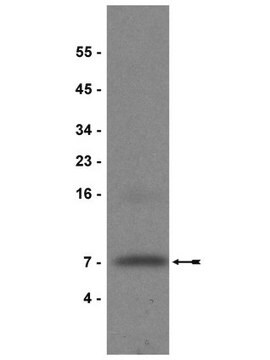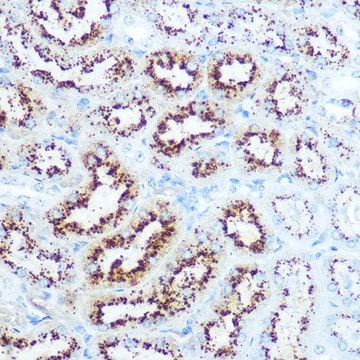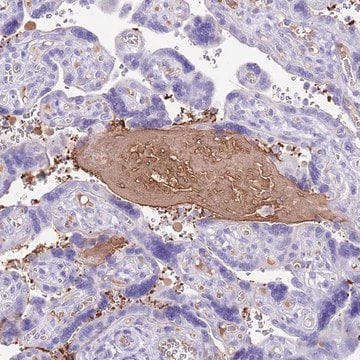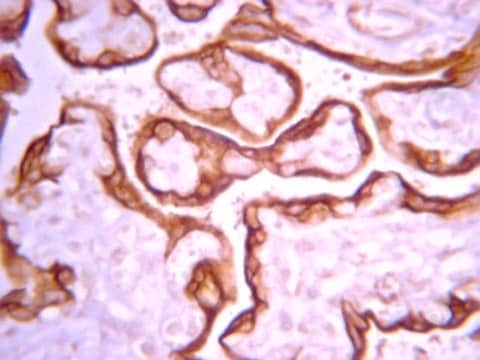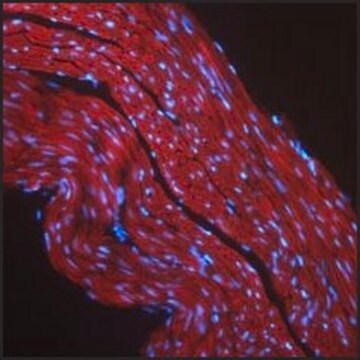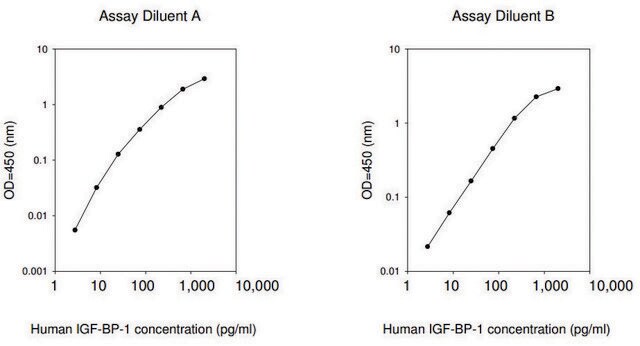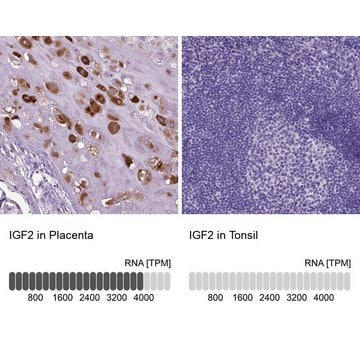SAB3600001
Anti-IGF-1 antibody produced in goat
affinity isolated antibody, lyophilized powder
Synonyme(s) :
Anti-Insulin-like Growth Factor-I
About This Item
Produits recommandés
Source biologique
goat
Niveau de qualité
Conjugué
unconjugated
Forme d'anticorps
affinity isolated antibody
Type de produit anticorps
primary antibodies
Forme
lyophilized powder
Espèces réactives
human
Technique(s)
immunocytochemistry: 5-15 μg/mL
immunohistochemistry (formalin-fixed, paraffin-embedded sections): suitable
western blot: 0.1-0.2 μg/mL
Application(s)
research pathology
Température de stockage
−20°C
Informations sur le gène
human ... IGF1(3479)
Description générale
Immunogène
Application
Actions biochimiques/physiologiques
Forme physique
Clause de non-responsabilité
Vous ne trouvez pas le bon produit ?
Essayez notre Outil de sélection de produits.
Code de la classe de stockage
13 - Non Combustible Solids
Classe de danger pour l'eau (WGK)
WGK 1
Point d'éclair (°F)
Not applicable
Point d'éclair (°C)
Not applicable
Certificats d'analyse (COA)
Recherchez un Certificats d'analyse (COA) en saisissant le numéro de lot du produit. Les numéros de lot figurent sur l'étiquette du produit après les mots "Lot" ou "Batch".
Déjà en possession de ce produit ?
Retrouvez la documentation relative aux produits que vous avez récemment achetés dans la Bibliothèque de documents.
Notre équipe de scientifiques dispose d'une expérience dans tous les secteurs de la recherche, notamment en sciences de la vie, science des matériaux, synthèse chimique, chromatographie, analyse et dans de nombreux autres domaines..
Contacter notre Service technique
